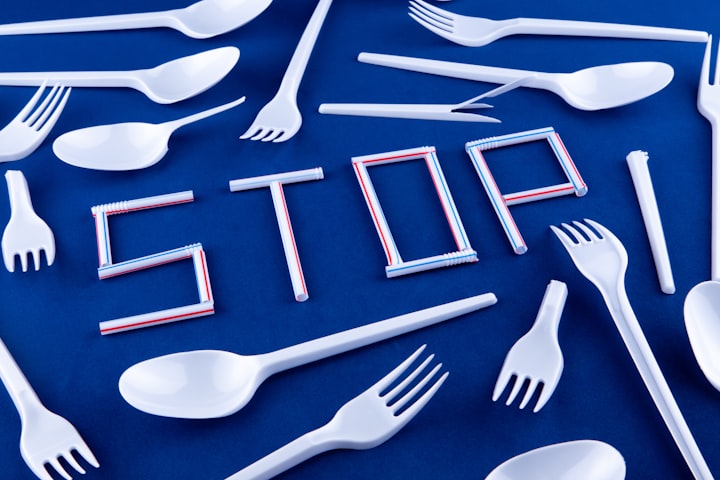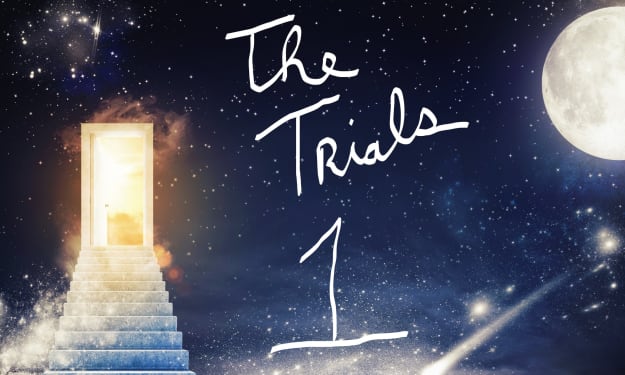
Being a science major is not for the faint of heart. Did you know you could spend three hours a week in a Music Appreciation class and earn three credits, but you could spend three hours a week in a science lecture hall plus an additional four hours in a lab, and earn only four credits? Seriously that is how it works. Sometimes you get the joy of being in a lecture and lab for 7 hours a week and you only receive three credits. Someone seriously needs to reevaluate this system.
Thankfully, I was not alone in my lab misery, I had my best friend Dave by my side for most of it. I was a Chemistry major and Dave was a Biology major, this meant our classes overlapped significantly. Our friendship really should not have worked. Fun fact, you are either a chemistry person or you are a biology person, there is no in between. If you are a biochemist, well you are just plain weird. Dave and I often had lengthy debates on which was more important, the organisms or their environment. He would say “Without the perfect circle of life, all life on Earth would be destroyed”. To which I would reply “I’ll take your circle of life, change one molecule in the water and all life will still be destroyed.” We were kids, talking about the total destruction of all life on Earth was just par for the course on a Sunday afternoon.
Dave and I did our best to match our schedules. We both needed a certain amount of credits across multiple scientific fields. Last semester he bit the bullet and took organic chemistry with me, it was insanely hard. I think even I will be talking about that lab until I am old and gray. When you walk into class and the teacher hands you a tea bag purchased at the local grocery store and says, “Extract the caffeine”, yeah, I could see how Dave was not amused. This semester it was my turn to bite the bullet with Marine Biology. I was envisioning tedious hours of work culminating in a contest for the best save the whales poster, but it turned out to be a major turning point in both our lives.
“What is that one?” Dave asked while pointing to a green needle inside the fish specimen. “I think that is the air bladder”, Dave chuckled. “What?” I asked, “You said bladder”, “Dude, how is it possible you are pre-med?” Dave just shrugged. We cut into the stomach of the fish, I was surprised to find very small shrimp inside. I do not know what I thought fish ate. I knew sharks ate fish, but I never thought about what fish ate. “Whoa, that’s so cool!” Said Dave. We both poked at the miniature shrimp and were counting how many there were, when I came across something green. “What is that?” I asked Dave. He pulled out the green item in question, “it looks like it has letters on it, D. E. W., dew?” he questioned. I now knew what that was, after all I had seen that dew on a plastic green bottles about a million times. Dave realized it at the same time. “Why would that be in its stomach?” We called the teacher over and showed her.
“I’m not surprised” she said, plastic pollution is ravaging the oceans. The fish get tangled in the plastic, or think it’s food and eat it. There really is no escape for them.” The teacher walked away from our table not knowing she had changed our lives forever. Dave and I went to the school library of our own free will, this surprised even us, but the school library had the secure links to government databases. We both wanted to know what was going on in the oceans, where it started and what was being done. When we came across a reference to the Great Pacific Garbage Patch we looked into it and were absolutely floored by what we were reading. There was not a huge pile of trash in the ocean, which is what I thought it meant at first. No, there were billions upon billions of tiny plastic particles called microplastics, and those came from us, from humans. How could so much wind up in the ocean?
We reached out to a local organization that performed beach cleanups and learned all we could on the cycle of plastic. Dave and I spent our holiday breaks and summers on beaches around the world cleaning them. We knew we could not fix the problem, but we did what we could. We organized awareness booths on campus on what plastics were doing to our environment and our oceans. Meeting with school officials on how to reduce the campus plastic consumption became an almost weekly event, however, it paid off when they agreed to fund water bottle fillers in every building so students could fill up their own bottles rather than buying another single use plastic bottle. Our mission was to ensure that every person on our campus knew what plastics were doing to the environment and our oceans.
Eventually, Dave and I graduated, but we did not lose our passion for the plastic problem. Dave decided pre-med was not where his future lay, he became a biologist on the team working to perfect the plastic eating enzyme. I spoke to him last week and they are having great results in their most recent testing and hope to be able to develop new enzymes to eat some of the more stubborn plastics of the world.
I created a company called Plastic Conversions. We take plastics and convert them into furniture. Does everyone want a bench or table made from recycled milk jugs, no. However, when we use over 2000 milk jugs to make said bench, that means there are 2000 less milk jugs possibly entering into the ocean. My team also donates various pieces to county parks and schools all over the United States yearly, and each piece of furniture has a plaque detailing how the item was made and how many milk jugs did not make it into the ocean because of this piece. Hopefully, my attempt at subliminal messaging is working on the younger generation. We also hold an annual essay contests for children ages 13-17 on what they would do to solve the plastic pollution problem, we offer college scholarships as the prizes. Perhaps one of them can make more progress than we have been able to.
Dave and I never did make a save the whales poster, but we would like to think we did our part to save not only the whales, but all the creatures in the ocean. There is still a lot of work to do but this is a solvable problem. Hopefully, you will join us.






Comments
There are no comments for this story
Be the first to respond and start the conversation.